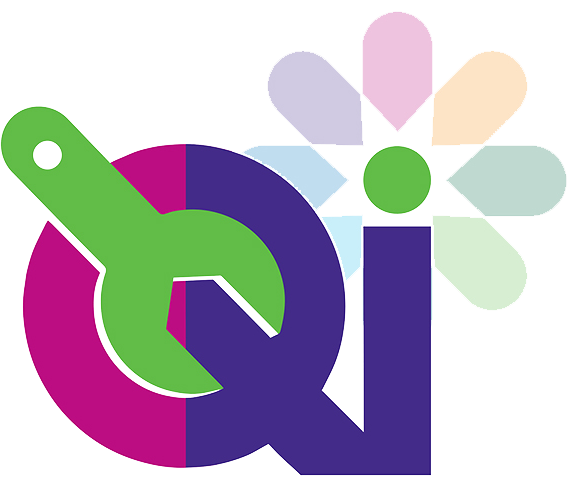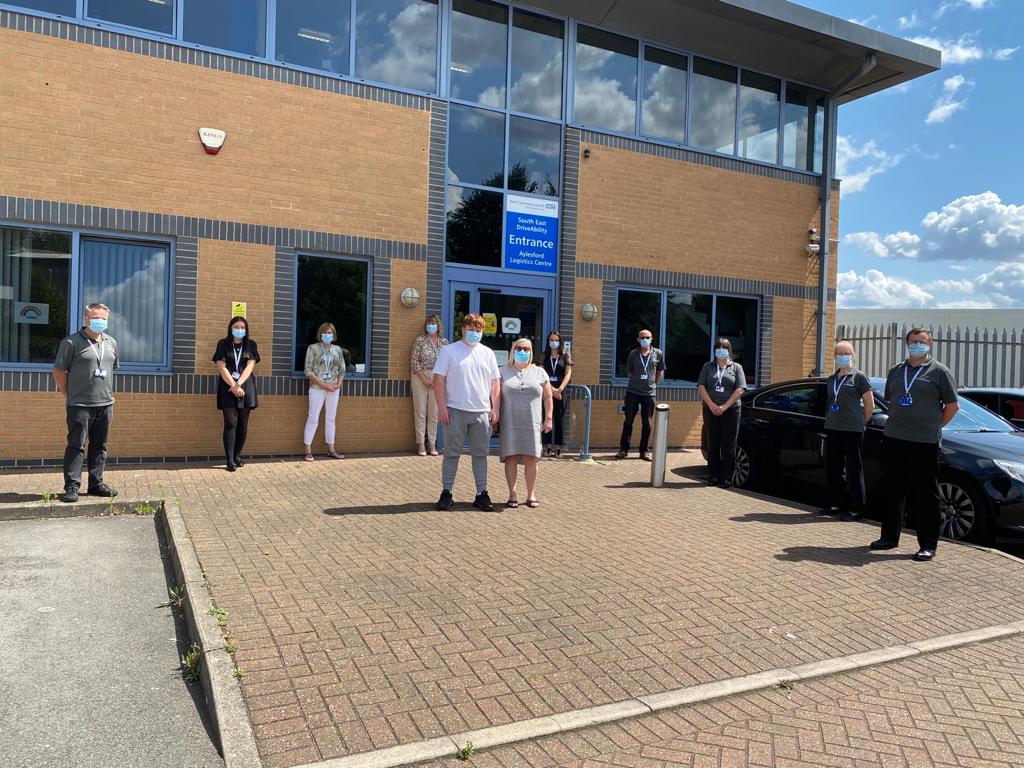A quality improvement (QI) approach was used for a pilot which saw extra help and support given to patients at the end of their lives.
The pilot ran during the first wave of the COVID-19 pandemic and led to more patients being able to spend their last days in familiar and comfortable surroundings.
A project team was set up, involving several partner organisations, a SMART aim was set and the team worked together on a driver diagram setting out what they wanted to achieve and the actions they needed to take.
The plan, study, do, act (PDSA) tool was also used, but adapted to fit the project.
Sarah Donovan, Head of Service Improvement at Kent Community Health NHS Foundation Trust (KCHFT) and one of the project leads, said: “Due to the rapid and reactive nature of the pilot, established under exceptional circumstances, several changes were introduced at one time, to improve the processes within the service.
“The traditional one change approach to using the PDSA tool was flexed to incorporate the number of changes happening within defined time periods. A PDSA ramp totalling four cycles was created, capturing both the positive and negative impact of the changes implemented and subsequent decisions made.”
See the project on a page for more information or read more about the project below
More patients were able to spend their last days in familiar and comfortable surroundings thanks to a service that provided them with extra help and support, during the first wave of COVID-19.
The pilot involved Kent and Medway Clinical Commissioning Group (CCG), IC24, Kent Community Health NHS Foundation Trust (KCHFT), primary care networks, GPs, hospitals and pharmacists. It was a joined-up effort to provide a team of out-of-hours on call doctors to support patients in the community who were at the end of their lives – as well as a transport service where drivers delivered essential documentation and IT equipment.
The trial ran from April until August 2020. Its successes have since been adopted by clinicians working across the area and the findings will be considered as part of a CCG review of end of life services across Kent and Medway.
It was a collaboration involving Rosie Baur, Deputy Director of Nursing and Quality at NHS Kent and Medway Clinical Commissioning Group, KCHFT’s Head of Service Improvement Sarah Donovan, the trust’s Community Services Director for Specialist and Elective Services Kim Morgan and Dr Anuraj Varshney Head of KCHFT’s South East DriveAbility Service (whose team is pictured).
Sarah said: “The service provided specialist cover out-of-hours for help, support and medical guidance for end of life care patients. During the first wave of COVID-19, it was clear an enhanced service was required.
“We wanted to increase the number of patients receiving end of life care at home, reducing unnecessary admissions to hospitals and allowing patients to make decisions about their care themselves, in the comfort of their own home. It is important to those who use our services and their carers, that end of life care is provided in their preferred location, which is often where the patient lives.”
To enable the service to get up and running quickly, without delay, it was necessary for essential IT equipment to be transported between on-call doctors at the start and end of their shifts. This was just one of the jobs carried out by South East DriveAbility. The team normally does assessments and gives advice on driving, driving tuition and car adaptation for disabled drivers and passengers, but with their normal workload reduced during the pandemic, team members were eager to do other tasks to help.
Dr Varshney said: “We realised there was a need for transport and logistics support for this new service. We were also keen to do anything we could to help our patients in the community and our colleagues working so hard on the frontline.
“We set up a rota so that IT equipment was moved from doctor to doctor at the start and end of out-of-hours shifts, our doctors are based across a wide geographical area.
“Our drivers took emergency prescriptions to pharmacies and made sure these had all the signatures needed. Some medicines were then delivered by the fire service. Our team also delivered essential paperwork to enable clinicians to respond to patients and carers wishes.
“We had some amazing feedback from GPs who appreciated what we did.”
In addition, during the first wave of the pandemic, drivers also collected personal items from KCHFT hospitals when a person died and delivered these to relatives, closely following infection prevention and control protocol.
Dr Varshney said: “We were also thanked by families, as our drivers delivered personal belongings, such as jewellery and laptops. This was challenging, as this needed to be dealt with sensitively, but our drivers took to this task, developed new skills and showed what a resilient and adaptable team we are.”
The aim of the service was to increase the number of patients continuing their end of life care at home, during the first wave of the COVID-19 pandemic – by the enhancement of the IC24 out-of- hours service.
The project saw:
- an average of six patients reviewed in their own homes, by a doctor, each night
- an average of 1.6 hospital admissions avoided each night
- 26 just in case (JIC) medication prescriptions delivered
- 46 per cent of calls to out-of-hours medics provided advice and reassurance for patients
- healthcare professionals who felt more supported and confident in caring for palliative patients after the service was introduced.
Sarah said: “Patient experience is still being gathered, but anecdotal evidence suggests an improvement in the needs of those using the out-of-hours service. Options to incorporate elements of the pilot into long term and existing services are now being explored.”


